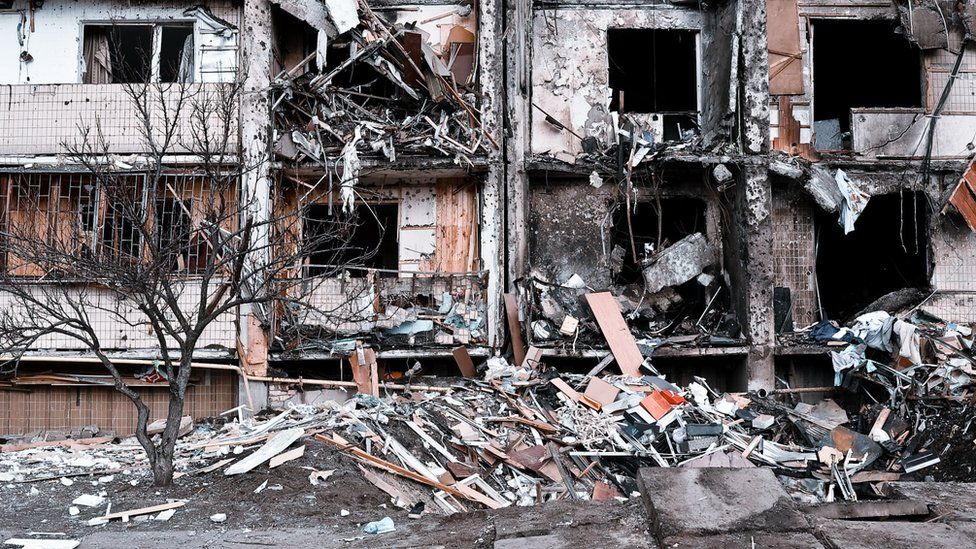
Access to the BBC’s Russian language services has been restricted in Russia.
Other media sources, including Deutsche Welle, Meduza and Radio Liberty, have likewise approached their administrations restricted, Russia’s state-claimed news organization RIA says.Russia’s parliament has passed a regulation making it an offense to spread “counterfeit” data regarding the military.The Kremlin objects to the contention being known as a conflict, rather considering it a “unique military activity”.A BBC representative said: “Admittance to precise, autonomous data is a central basic liberty which ought not be denied to individuals of Russia, a large number of whom depend on BBC News consistently.”We will proceed with our endeavors to make BBC News accessible in Russia, and across the remainder of the world.”Record quantities of individuals have perused the BBC’s Russian language news site since the attack, looking for state-of-the-art data on the contention.On Thursday, one of Russia’s last free media sources, TV Rain, quit telecom subsequent to going under strain for its inclusion of the intrusion.The channel finished its last transmission by showing staff strolling off set.Russia’s media communications controller had blamed the channel for “impelling fanaticism, manhandling Russian residents, causing mass interruption of public quiet and wellbeing, and empowering fights”.”No to war,” said Natalia Sindeyeva, one of the channel’s originators, as representatives left the studio.The channel then, at that point, started playing film of a presentation of Tchaikovsky’s Swan Lake.The expressive dance was utilized in Soviet-period broadcasts to check the passing of pioneers, and was additionally played during the 1991 upset that added to the furthest limit of the Soviet Union.The station’s editorial manager in boss, Tikhon Dzyadko, left Russia on Wednesday, saying it was because of worries for his security.”The fundamental issue is that we were covering Ukraine dispassionately, as expert columnists and covering from various sides. We had columnists going live and covering what is happening,” Ekaterina Kotrik, TV Rain moderator and previous head of information, told the BBC.She needed to pass on Russia because of the new regulation which could prompt jail terms of as long as 15 years for individuals who deliberately spread what the Kremlin named “counterfeit” data about Russia’s military.”Fifteen years in prison for simply going about your business,” Ms Kotrik said. “It’s the finish of a majority rules government in Russia. Any opportunity is lost.”Radio broadcast Echo of Moscow was taken off air on Tuesday. On Thursday it was closed completely by its governing body. It had included interviews from Ukraine depicting the attack.Ekaterina Schulman is a political specialist who was introducing a program on the station when it was taken off air.”Individuals like me could end up with no place to work. Very soon there will not be news sources, or auditoriums or different stages where we can converse with general society” she told the BBC.Russia’s state-controlled TV has portrayed the conflict in a totally different manner to communicates seen around the remainder of the world. The crackdown on free columnists comes as Russia’s economy has been hit by sanctions. Its cash, the rouble, has plunged in esteem, hitting the investment funds of residents.Ukrainian President Volodymyr Zelensky has blamed Russia for “atomic dread” after it apparently assaulted a huge thermal energy plant, causing a fire in a close by building.Russian President Vladimir Putin has demanded the conflict in Ukraine is “going to design”.

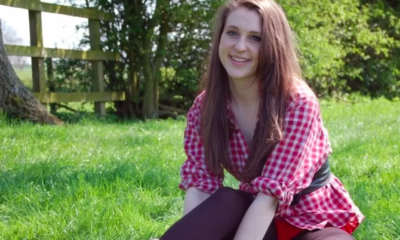
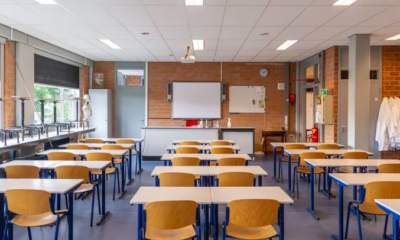
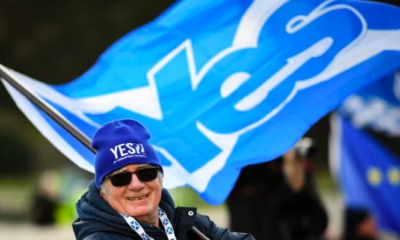
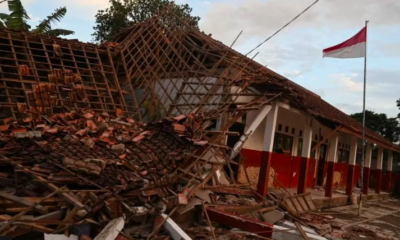
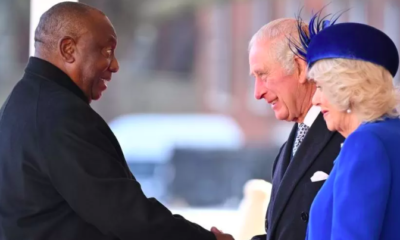
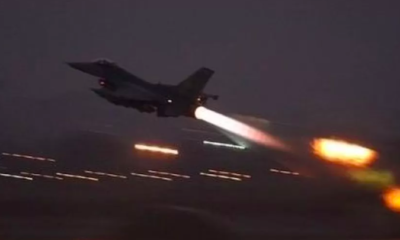
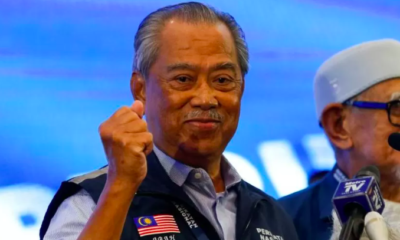
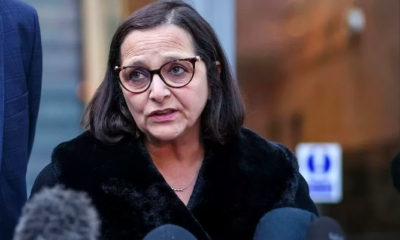
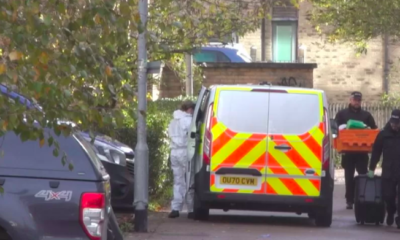



























































































































































































































































































































































































































































































































































































































































































































RSS